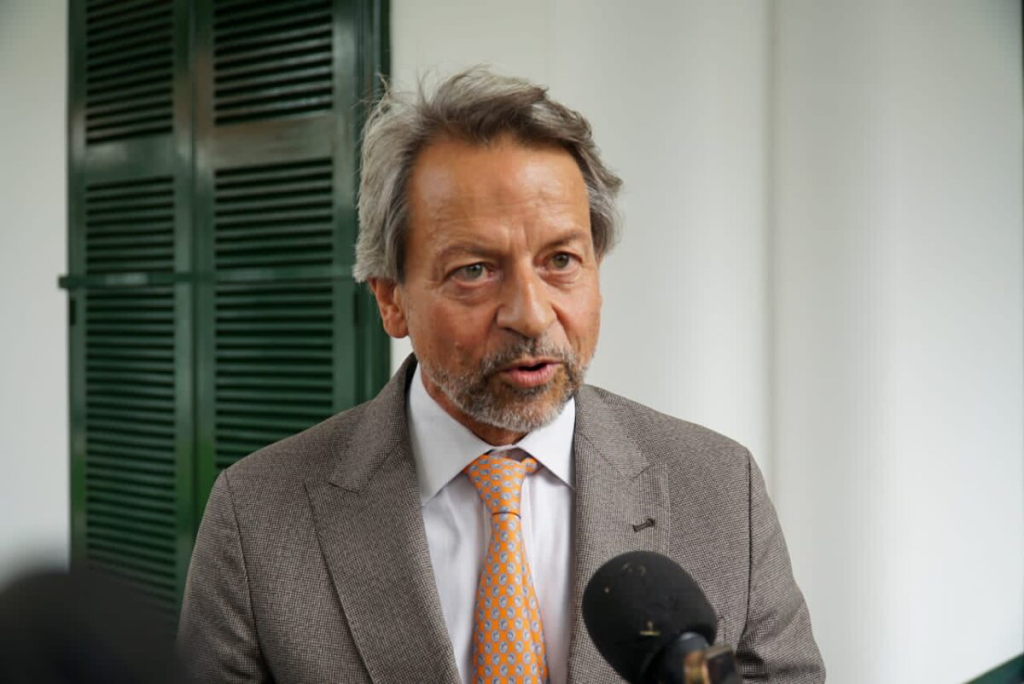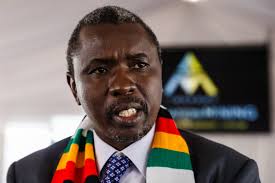By Staff Reporter
Harare — The European Union (EU) has suspended its planned 2025 financial support for Zimbabwe’s governance initiatives after President Emmerson Mnangagwa signed the contentious Private Voluntary Organisations (PVO) Amendment Bill into law.
The decision, announced Saturday, underscores escalating tensions over shrinking civic freedoms in the country.
The PVO Amendment Bill, now designated as Act No. 1 of 2025 following its gazetting on Friday, overhauls Zimbabwe’s regulatory landscape for civil society groups and non-governmental organizations (NGOs).
The legislation amends five key laws, including the PVO Act [Chapter 17:05], the Money Laundering and Proceeds of Crime Act, and the Criminal Law (Codification and Reform) Act.
Key provisions grant authorities sweeping powers to monitor NGOs, mandating stringent disclosure of ownership structures, funding sources, and affiliations.
The law introduces tighter definitions of terms like “beneficial owner” and “controller,” expands grounds for deregistration, and permits asset seizures or dissolution of groups deemed non-compliant.
Violations, including alleged illicit financing or misrepresentation, could result in severe penalties, including imprisonment.
A newly formed PVO Board—composed of civil society representatives and government officials—will enforce the regulations, though critics argue the body lacks independence.
Human rights organizations and international bodies, including the United Nations, have denounced the law as a tool to stifle dissent and target groups exposing corruption or opposing state policies.
Zimbabwean officials, however, insist the reforms align with global standards to counter terrorism financing and money laundering.
In a statement on X (formerly Twitter), EU Ambassador to Zimbabwe Jobst von Kirchmann condemned the law’s enactment amid unresolved consultations with civil society, calling it a setback for Zimbabwe’s governance pledges under its debt resolution framework.
“Zimbabwe has over USD 21 billion in debt and arrears with bilateral and multilateral creditors,” von Kirchmann said.
“Several years ago, the Government of Zimbabwe initiated a commendable arrears clearance and debt resolution process.
“It is disappointing to see that Zimbabwe has not upheld its own commitments under this process, particularly regarding the expansion of civic space.”
“The enactment of the PVO Amendment Bill, without concluding consultations to address the concerns of civil society organizations, has further reinforced negative trends in governance.
As a consequence, the European Union has decided to discontinue its planned targeted 2025 funding in support of the government’s good governance initiatives under the structured dialogue framework.” he added.
The EU said it remains open to reconsidering its position if the Zimbabwean government shows genuine commitment to meeting its governance obligations.
Local NGOs warn the law will cripple humanitarian and advocacy work.
“This is a blatant move to silence accountability,” said a Harare-based rights coordinator, speaking anonymously for safety.
“Communities reliant on NGOs for healthcare and food aid will suffer most.”
The government has yet to respond publicly to the EU’s decision.
Analysts suggest the move could strain Zimbabwe’s bid to re-engage with international creditors, further isolating its struggling economy.




